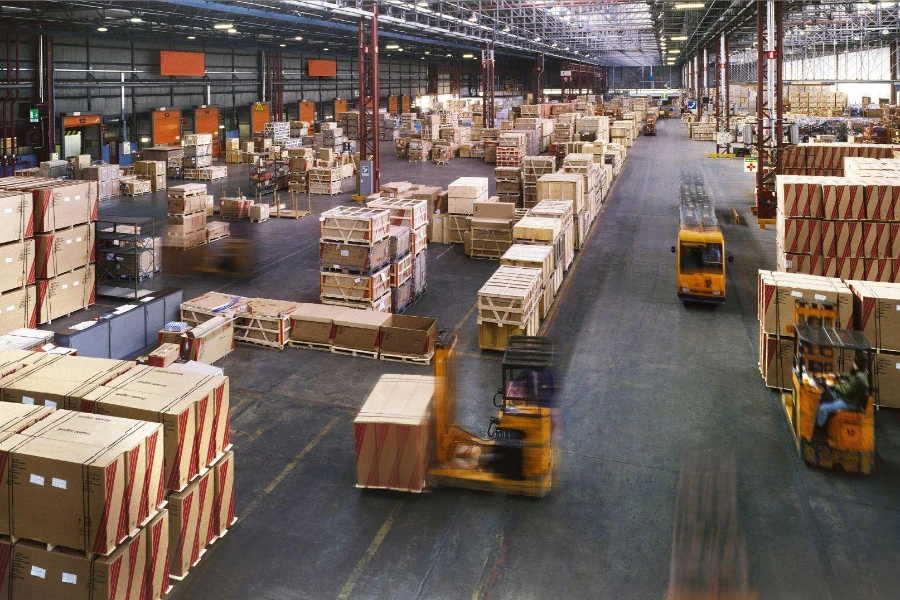The industrial goods sector in India plays a pivotal role in the country’s economic development. This sector includes the production of machinery, tools, equipment, and materials that are used for manufacturing and construction purposes. It also supports a wide range of industries, including automotive, textiles, chemicals, steel, and infrastructure development. This makes it a key driver of industrial growth.
Key Characteristics:
The industrial goods sector in India is vast and diverse, with several sub-sectors contributing to the overall economy. Some of the major segments include:
- Manufacturing & Machinery: This includes the production of heavy machinery, electrical equipment, and tools used in various industries like automotive, agriculture, and mining.
- Steel and Metals: Steel is a critical part of infrastructure and manufacturing. It is used for everything from construction to the automotive industry.
- Cement and Construction Materials: The demand for cement, bricks, and other construction materials is driven by the growing infrastructure projects in urban and rural areas.
- Chemical and Petrochemical Products: These products are essential in the manufacturing of a wide range of goods. This includes plastics, fertilizers, and pharmaceuticals.
Key Drivers of Growth:
Several factors contribute to the growth of the this sector in India. Programs like “Make in India” and “Atmanirbhar Bharat” (Self-Reliant India) aim to promote local manufacturing, reduce dependence on imports, and also create job opportunities. The Indian government is also investing heavily in infrastructure. This is boosting demand for industrial goods like cement, steel, and heavy machinery.
As industries move towards more automation and digitalization, there is also growing demand for advanced industrial machinery and equipment. A young and growing workforce is also contributing to increased industrial production and consumption. As industries are moving towards advanced technologies like robotics and artificial intelligence this trend continues to increase.
Example: Bharat Forge Limited
One of the leading companies in the industrial goods sector is Bharat Forge Limited, based in Pune. Bharat Forge is a global leader in manufacturing high-performance forged components for various industries, including automotive, aerospace, defense, and power. Founded in 1961, the company has grown into a key player in both the Indian and international markets.
Bharat Forge’s success story highlights the importance of technological advancement and innovation in the industrial goods sector. The company uses state-of-the-art manufacturing processes and cutting-edge technology to produce products that meet global standards. Bharat Forge has also focused on diversifying its product portfolio to include components for newer industries like electric vehicles, which further drives its growth.
Contribution to the Indian Economy:
This sector is also a significant contributor to India’s GDP. It provides employment to millions and is integral to the country’s supply chains. As India’s economy continues to grow, the demand for industrial goods has surged, fueled by both domestic consumption and export opportunities. The government’s initiatives like “Make in India” and “Atmanirbhar Bharat” (Self-Reliant India) have further boosted the sector, aiming to reduce dependency on imports and enhance domestic production.
Conclusion:
The industrial goods sector in India is crucial to the nation’s development, contributing significantly to job creation, economic growth, and infrastructure development. Companies like Bharat Forge demonstrate how the sector is evolving, thus driving India toward becoming a global manufacturing hub. As India continues to modernize, the industrial goods sector will remain at the heart of its economic future.
– Ketaki Dandekar (Team Arthology)
Read more about the Industrial Goods Sector here – https://corporatefinanceinstitute.com/resources/industrial-goods/
